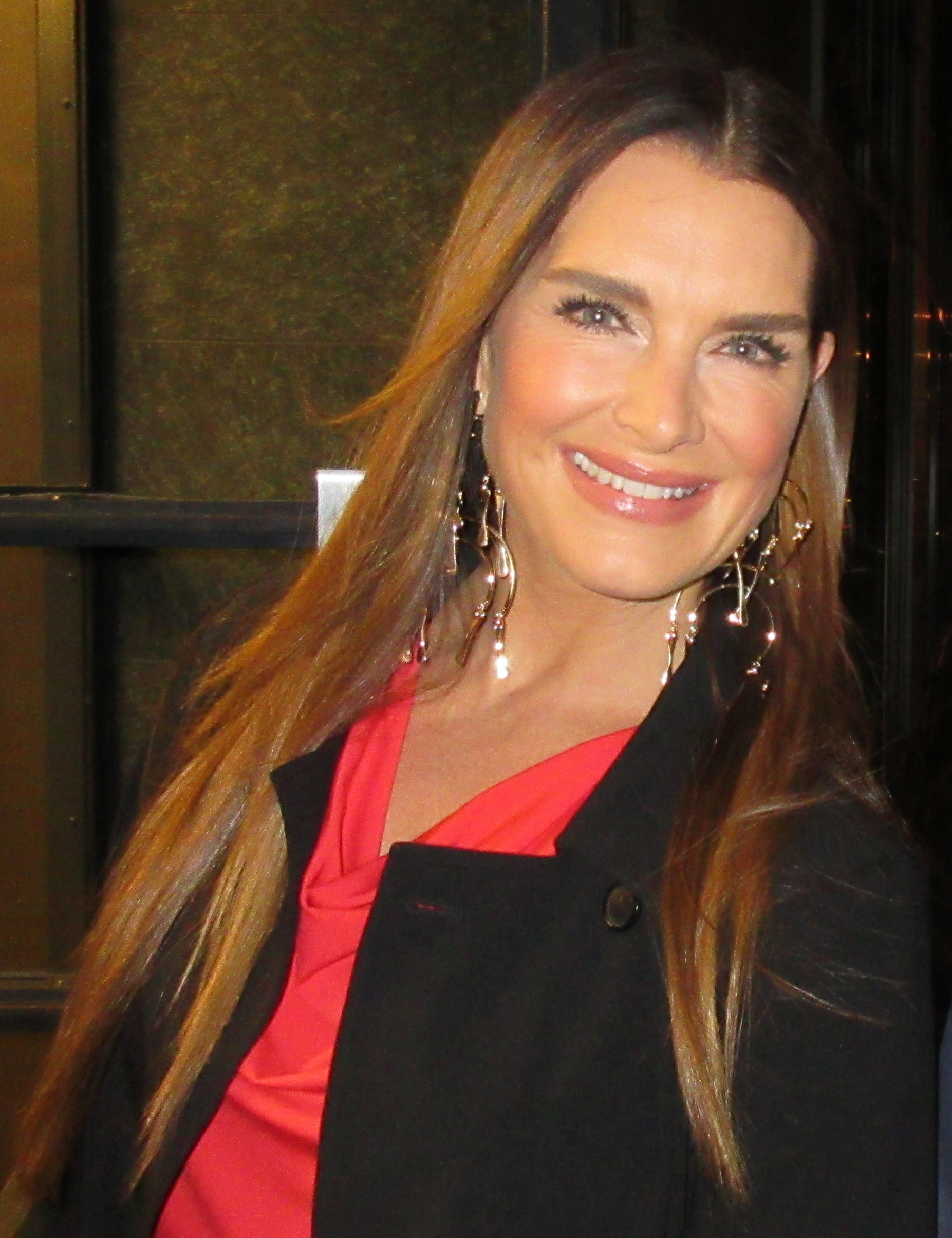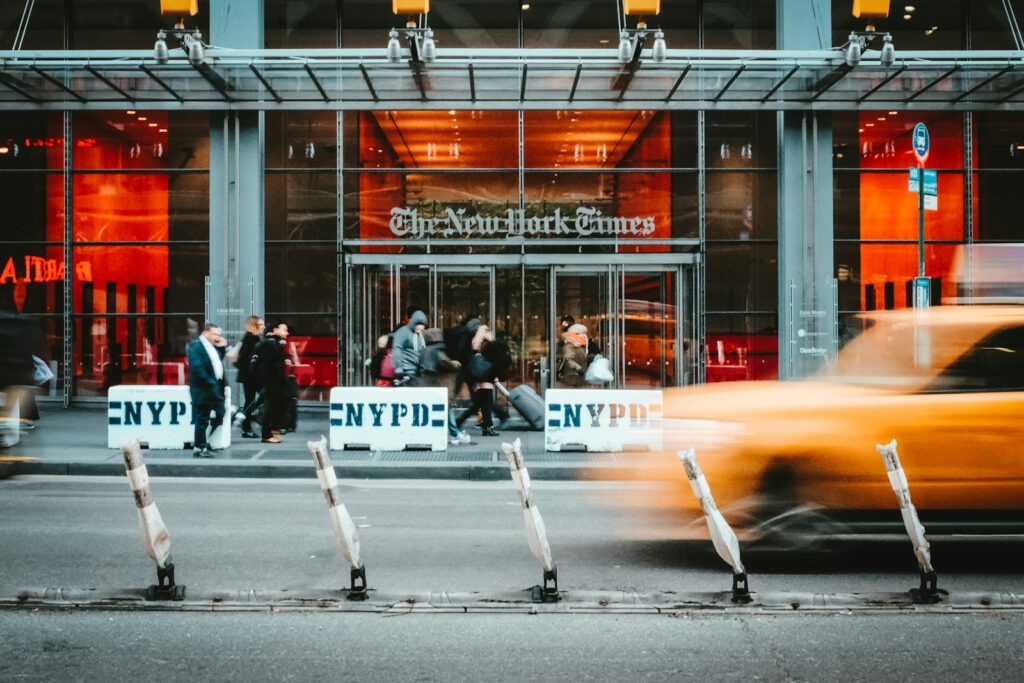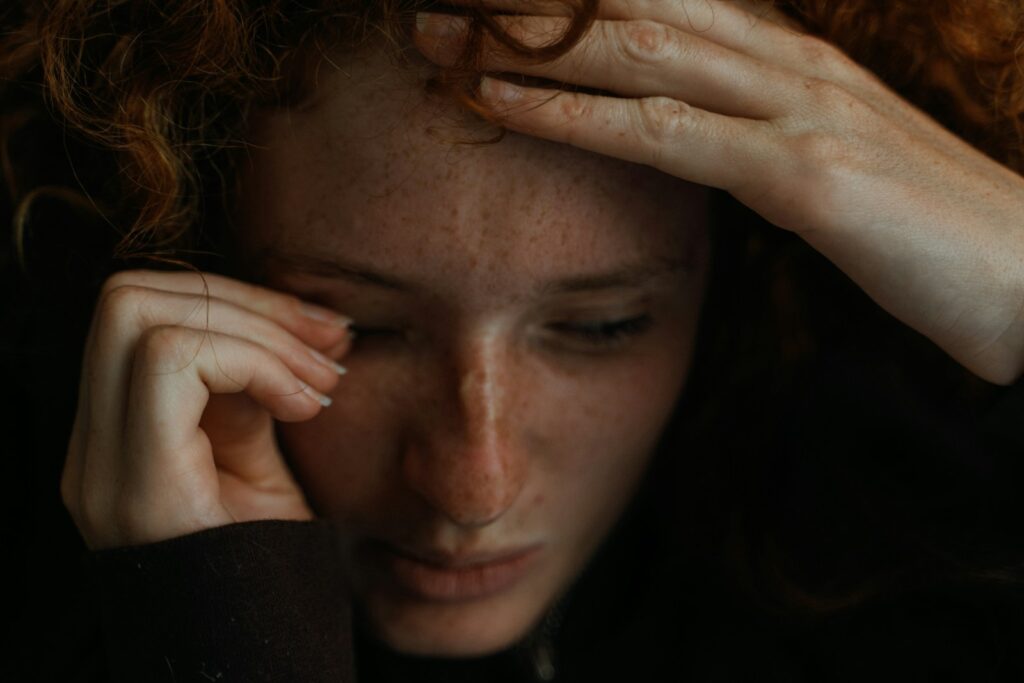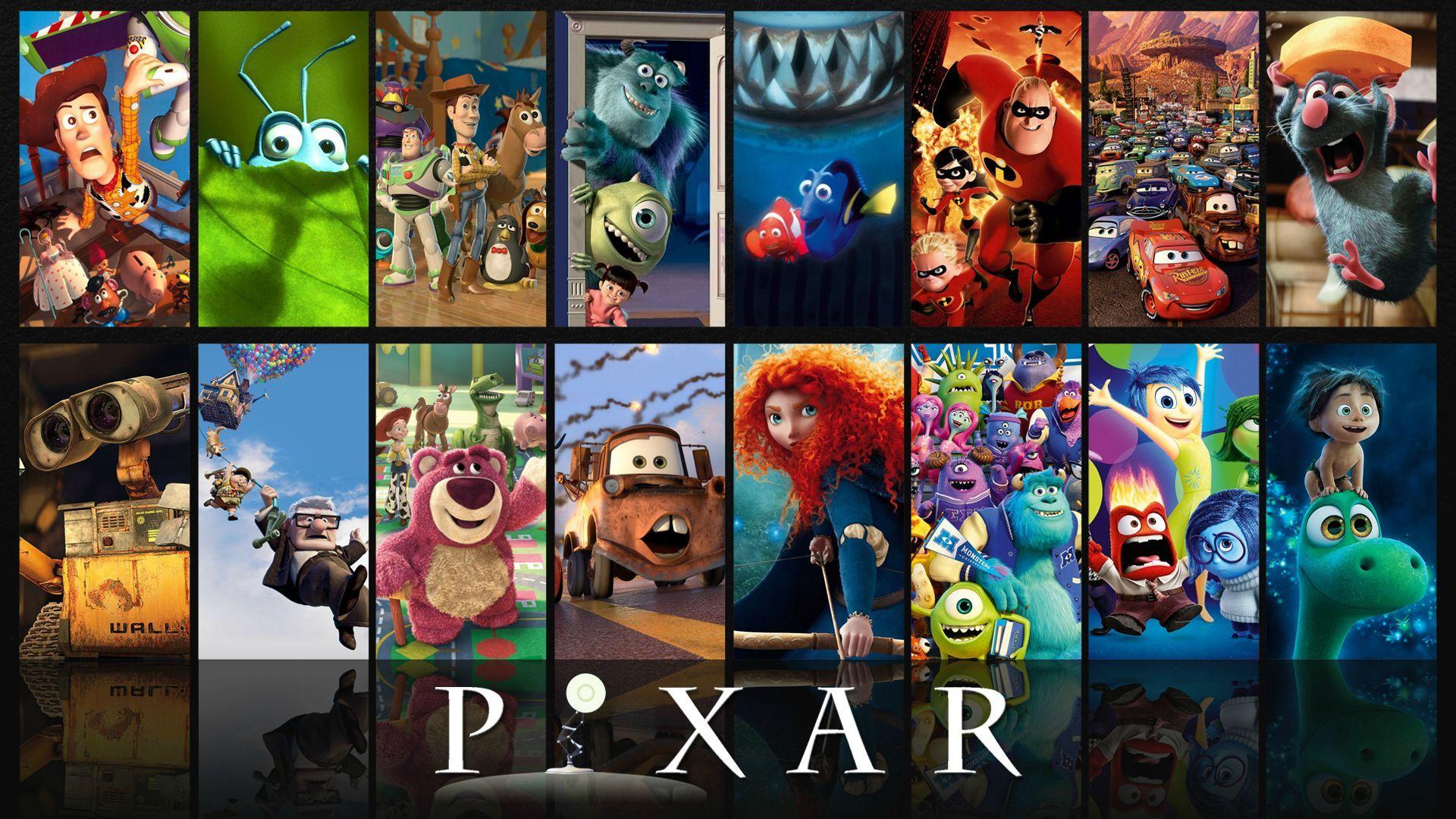
Brooke Shields’ documentary Pretty Baby has stripped away the layers of a life lived under relentless public scrutiny, exposing long-hidden realities. Among its most striking revelations is Shields’ candid reflection on her relationship with her mother, Teri Shields: “She was in love with me.” This emotional entanglement, Shields explains, created a dynamic where “Both of us were cut off from our sexuality.”
Shared during an interview with Drew Barrymore, this confession offers a critical lens to understand Shields’ formative years—a period defined by premature fame and constant sexualization. From these words emerges a narrative not just of celebrity, but of a bond that shaped her sense of self, particularly her relationship with sexuality, in ways both subtle and profound.

Early Fame and the Weaponization of Innocence
Shields entered the public eye at 11 months old, starring in an Ivory Soap ad. This early start marked the beginning of a life where her image would be co-opted and commodified. At 11, she was cast in Louis Malle’s controversial film Pretty Baby, playing a child prostitute. A scene depicting her character “brought out on a literal platter and auctioned off to the highest bidder” cemented her as a symbol of “sexualized innocence”—a label she was too young to comprehend.
Her adolescence deepened this trajectory. At 14, The Blue Lagoon framed her as a teenager “coming of age,” a role she later noted the director intended to “sell my sexual awakening.” At 16, her Calvin Klein jeans campaign—featuring the provocative line “You want to know what comes between me and my Calvins? Nothing”—solidified her status as a public commodity. These moments, which would spark uproar in today’s digital age, tied her career to a sexuality she and the public “are still trying to unpick.”

Teri Shields: More Than a “Momager”—A Symbiotic, Possessive Bond
Teri Shields, often called “the original momager,” was far more than a parental manager. Her involvement evolved into an intensely symbiotic relationship. When Barrymore asked if Teri ever dated any of Shields’ boyfriends, Shields replied, “No, because she was in love with me.” Teri’s focus centered entirely on her daughter, sidelining her own romantic or sexual life.
Shields described a silent agreement between them: “I was going to stay a virgin. She was going to be just Teri Terrific.” Yet this arrangement was fraught. “It was so layered, and it’s so needy and it’s so sad and broken,” she told Barrymore. Teri’s constant presence—even in interviews—stemmed from possessiveness: “No one’s gonna get you, I’m gonna be there, I’m there first. You’re mine.” What appeared as protection, Shields now recognizes, was “more ownership and fear.”

A Life of Exploitation: From Child Star to Traumatized Adult
Shields’ childhood and adolescence were marked by an industry that weaponized her youth. At 10, nude photos of her—approved by Teri via a contract—were taken by photographer Garry Gross. When Shields sued at 17 to block their sale, a 1983 appeals court ruled in Gross’ favor, citing Teri’s signature. The decision, shocking by today’s standards, underscores how her image was treated as a product, not a child’s property.
On set, exploitation continued. During the filming of Endless Love at 16, director Franco Zeffirelli twisted her toe to make her expression “read as orgasmic ecstasy.” To cope, Shields developed a survival mechanism: she would “zoom out,” dissociating to endure the trauma. “I instantly became a vapour of myself,” she recalls.
These experiences laid the groundwork for deeper pain. In her early 20s, shortly after graduating from Princeton University, Shields was sexually assaulted by a Hollywood executive. Lured to a hotel room under the pretense of calling a cab after a dinner meeting, she was attacked. The secret stayed with her for decades. “It has taken me many years of therapy to even be able to talk about it,” she told The Hollywood Reporter.

Healing, Reclamation, and a Legacy of Resilience
Shields’ journey toward healing has been deliberate. Therapy helped her process trauma, and Pretty Baby itself became an act of reclamation—taking control of a narrative once dictated by others. She no longer defines herself by the roles or images imposed on her; instead, she frames her past with nuance, noting her early work “paid our bills! We knew what we were doing” while acknowledging its costs.
Her resilience extends to advocacy. After struggling with postpartum depression, she wrote a book, testified before Congress, and helped pass a New Jersey law requiring doctors to educate mothers about the condition. When criticized by Tom Cruise for using antidepressants, she defended her experience in The New York Times, refusing to be silenced.
Today, at 59, Shields challenges societal norms around aging—explored in her book Brooke Shields Is Not Allowed To Get Old—and embraces her voice. “I am my own best spokesperson,” she says, a truth hard-won after a lifetime of being seen as an object rather than a person.

Echoes in the Next Generation: A Mother and Daughter’s Reckoning
The documentary has also reshaped Shields’ relationship with her daughters, Rowan (21) and Grier (18). Rowan knew of the assault before the film’s release, but Grier did not. “I was learning about things the same time that the world was,” Grier told People, admitting she “couldn’t even get through it.” Shields, initially hoping to frame the documentary as a story of triumph, recognized Grier’s pain: “She ended up missing the happy part.”
But their conversations since have become a bridge. In an unscripted moment captured in Pretty Baby, the family discusses her early career around their kitchen table. Grier notes, “It’s about something that’s not OK now. Right?”—a recognition of progress that affirms Shields’ choice to share her truth.
Shields’ life, once defined by others’ gazes, now stands as a testament to survival. Through trauma, exploitation, and complex family bonds, she has forged a path of healing—one that honors her past while claiming her future. In unraveling her story, she offers not just a portrait of a star, but a lesson in resilience: that even a life interrupted can be reclaimed.

Brooke Shields’ story, as laid bare in Pretty Baby and through her own unflinching voice, is more than a chronicle of fame or trauma. It is a profound exploration of how identity—especially one tangled with sexuality—can be distorted by external forces, from an industry that commodifies youth to a maternal bond that blurred lines between love and possession. Yet what resonates most is not the pain of her past, but the power of her reclamation. Through therapy, advocacy, and the courage to own her truth, she has rewritten the narrative: no longer the “sexualized innocent” of others’ making, but a woman who defines herself on her own terms. Her journey reminds us that survival is not just about enduring hardship, but about choosing to heal—and in healing, to inspire others to confront their own truths. For Shields, unraveling her past was not an end, but a beginning: a life finally lived, unapologetically and entirely her own.



